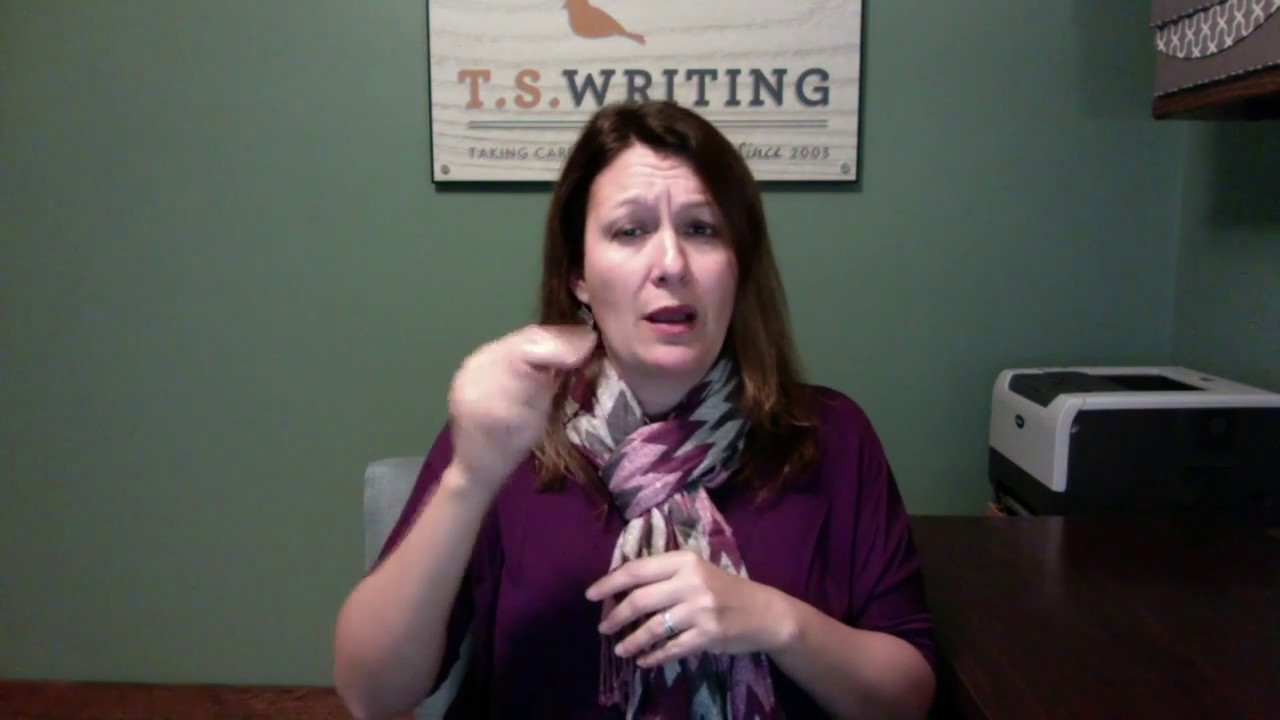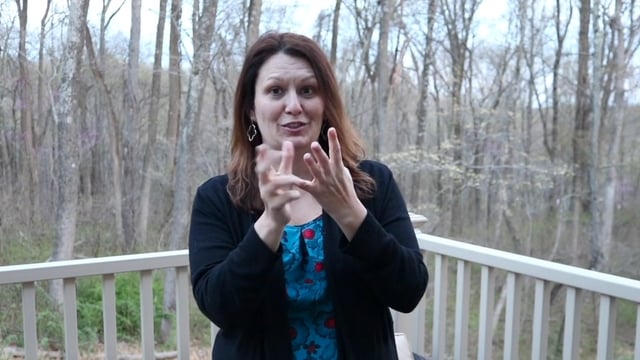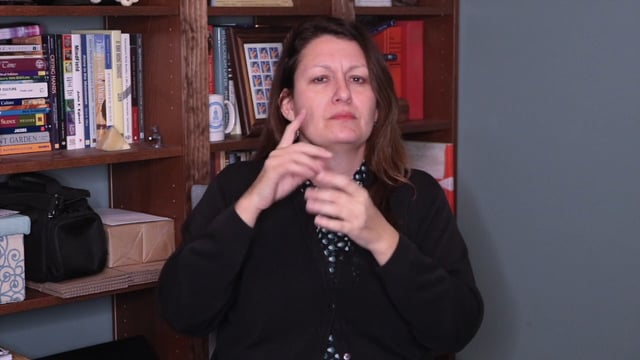Originally appeared in Silent News, January 2002.
Well, deaf schools are taking yet more blows from the press. I’ve been following the series published in the Seattle Post-Intelligencer about sexual abuse at residential schools for the deaf nationally. Some of them I read in depth; others I skimmed through. I think a lot of them were over-kill – repeating the same points over and over.
Yet, I can’t help but marvel at how adept school superintendents are at sweeping issues under the rug. I understand why they do this: they don’t want bad publicity for what, usually, is otherwise a good and well-run school; they don’t want parents worrying about their kids; and so on.
You know what? Too bad for the superintendents. Parents must worry about their kids. Here’s what happens when they don’t: recently a friend of mine who works as a houseparent at a deaf school told me about how he took one of the students home for Thanksgiving. The friend, “Jeff,” said that the student had nobody come to pick him up for the holidays, and since the school was closed, Jeff took him home.
I applaud Jeff for stepping in and fulfilling an important role in the student: one of a caring person. Yet, the risks Jeff took in taking the student home were high. The student could’ve easily accused Jeff of molestation, abuse, or a number of any other violations. Even so, the more important question is: where was the student’s family? Where were his guardians? This is why deaf schools often play an important role in the development of deaf children’s lives. And this is why superintendents cannot fool themselves into believing incidents, even minor ones, are not of grave concern.
A few weeks ago, there was an incident at a large and well-attended deaf school where a junior high student brought a loaded gun to school. Media coverage of this incident was sparse; only a local TV station picked it up. I assigned a writer to report on this incident after four separate individuals tipped me off to it. The writer had difficulty getting any information on the situation, and the superintendent’s office did not call the writer back. However, the superintendent did have one of my sources (a teacher at the school) contact me to ask me not to print the story because it would generate negative publicity and that parents would be upset. I also got the impression that the teacher’s job was at stake.
Rather than simply saying that the school was not at liberty to discuss the alleged incident, the superintendent chose to cower behind methods of intimidation and use other people to ask us not to print the story.
While the incident is more complicated than what I write here, my knee-jerk reaction was to say to the superintendent, “Too bad!” I am a strong supporter of residential schools for deaf students. Yet, I will never support the hiding of information about gross violations of other people’s safety, especially in schools. I also will not support the concealment of information for the sake of “positive publicity.”
Just because an incident took place at a residential school does not mean it is limited to that school. When I was in high school – a public school with 1,800 students, 80 deaf – a student brought a handgun to school. It was a few hours before someone tipped off a teacher and the boy got a few days of out-of-school suspension (this took place many years before the Columbine shootings). Oh, yeah, the kid was deaf. Does this mean that deaf programs at hearing high schools should be blamed for everything? Of course not.
What about all the shootings at hearing schools across the nation? Columbine, for one. Does this mean hearing schools must be blamed for the shootings? No.
How about the long history of sexual molestation, harassment, and rape at hearing schools across the nation? By coincidence – as I was thinking about this topic – I happened to stumble across a based-on-a-true-story movie today on the Lifetime Channel with Michael Gross playing Dr. Gordon Powell, a school principal who had a history of molesting female troubled students. Does this mean the problem is rampant at hearing schools and they must all be closed down?
Of course not. Problems are rampant in every situation, and certainly the strong presence of these problems at schools – residential or public – must be investigated and stopped immediately. It might seem much more dramatic in deaf communities across the nation because of the close-knit nature and because of the “recognition factor” – everyone knows everyone. But it doesn’t mean deaf people, schools, or organizations should be held to any different standards, whether better or worse standards, from those that exist for hearing schools. The problems are real. Yet, they shouldn’t be cause for closure of schools, as some anti-residential school advocates have been proclaiming for years.
The bottom line is that parents and students have the right to know of every incident at school that endangers them or their friends. Superintendents and school officials cannot ever use intimidation or threaten lawsuits to protect their own reputations. Chances are, the information will come out anyway, and their reputation will be even worse for being dishonest.
Copyrighted material. This article can not be copied, reproduced, or redistributed without the written consent of the author.




